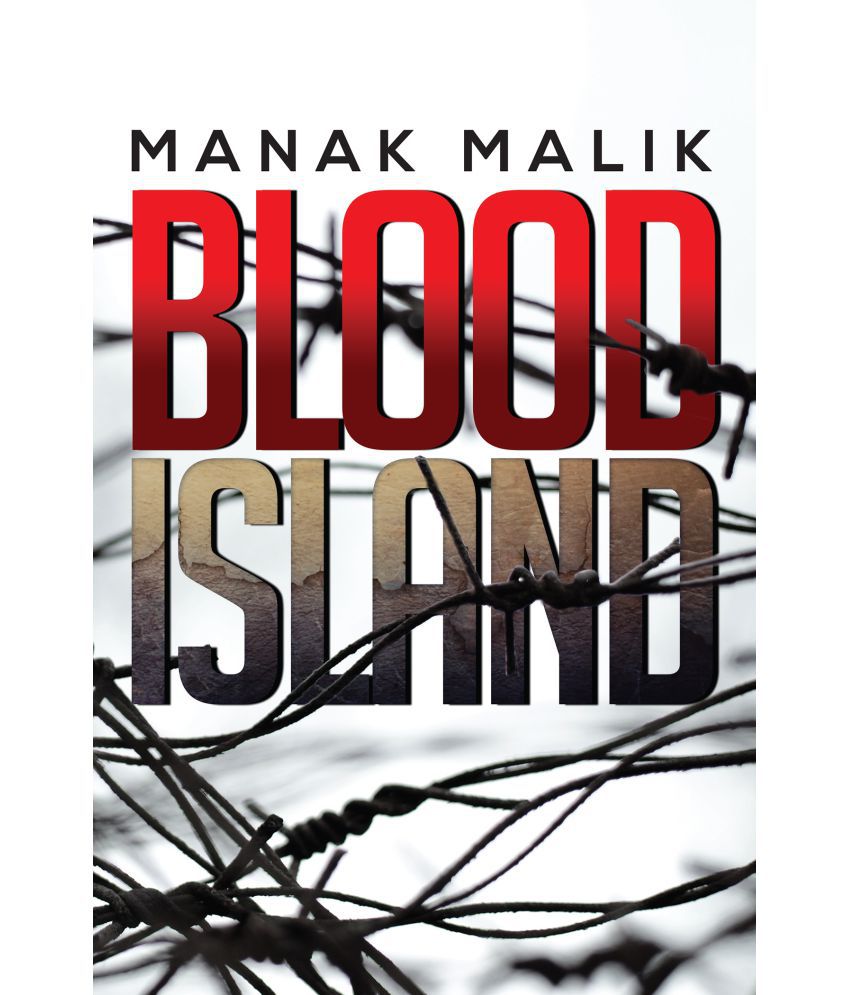

In fact, they had achieved their own self-fulfilling prophecy: Although it is not remembered as such by most Japanese, the embargo was brought on by four years of Japanese military aggression in Asia. The British and Dutch did the same, shutting off supplies from the East Indies.įor the Japanese, this was the final link in what they claimed was "encirclement" by hostile powers. This effectively cut off Tokyo's ability to buy oil - a de facto petroleum embargo. Washington froze Japan's financial assets in the United States. The Japanese move into Southeast Asia and the Nazi sweep into Russia presented the United States with the horrifying prospect of an isolated America facing Europe and Asia dominated by the Axis. Washington struggled over what to do, amid fears of coordination by German and Japanese militaries. oil embargo indeed, the only way for the United States to oppose this latest step - short of military force - was a full-scale oil embargo. Japan's military leaders knew this might provoke an all-out U.S. In July 1941, Japan invaded what is now southern Vietnam (then part of French Indochina) to bolster its China campaign and as a stepping stone to conquest of the oil-rich East Indies. But the navy, supported by other army leaders, wanted to strike south into the East Indies to assure Japan an independent oil supply. A number of army leaders wanted to take advantage of Hitler's June 1941 attack on the Soviet Union by seizing Siberia. The Japanese Navy began planning a Pearl Harbor attack in 1940, more than a year before the actual strike. Some Japanese leaders became convinced that war with America was inevitable. The embargoes did nothing to deter Japan's militarism. However, Japanese planes could operate at lower octanes, and in fact Japan stepped up imports of U.S. Roosevelt, pushed by outraged public opinion, embargoed the export to Japan of various goods of military value, beginning with a "moral embargo" against the sale of airplanes and engines, then extended to an actual prohibition against the export of iron and scrap metal and aviation gasoline of 87 octane and higher.

(Much of the rest came from the Dutch East Indies - now Indonesia.)Īs Japan pursued its war against China, the administration of Franklin D. The Japanese military machine was almost entirely dependent upon imported oil - and that meant the United States, which supplied about 80 percent of Japan's supplies in those days.

Its strategists had carefully studied the lessons of World War I, in which oil and the internal combustion engine had proved of decisive importance. The Japanese military was obsessed with oil. Oil proved to be one of the critical elements in the pattern of events that brought the two countries to war. The United States was the biggest obstacle to Japan's aims, especially after Hitler overran Europe in 1940. In fact, the war resulted from the drive by Japanese militarists to establish an empire, "the Greater East Asia Co-Prosperity Sphere," in the Far East, beginning with the absorption of Manchuria in 1931 and moving into high gear with Japan's war against China in 1937. It quotes the late emperor as saying, after the war, that Japan went to war with the United States because of oil - and lost the war because of oil. As in most conflicts of this war-scarred century, oil was a major factor in World War II, a precious resource that shaped everything from global strategy to theatre military operations to tactical maneuvering at the battlefield level.Ī recently discovered diary from one of Emperor Hirohito's aides makes clear how the Japanese have viewed oil's importance in the Pacific war. But the prevailing Japanese view has always explained the attack in quite different terms, portraying it as a predictable response to American actions that left Japan mortally vulnerable and with no alternative but to strike. 7, 1941, the ultimate act of international treachery, a blow delivered without warning. AMERICANS WILL always consider the Japanese attack on Pearl Harbor on Dec.


 0 kommentar(er)
0 kommentar(er)
